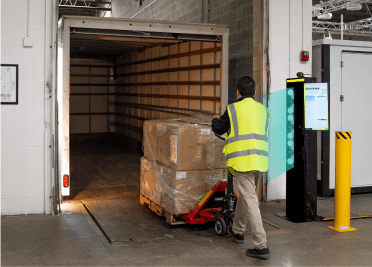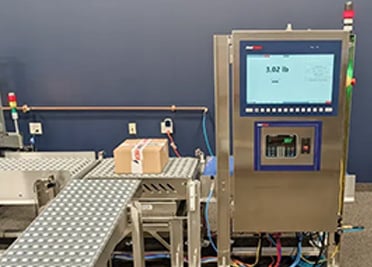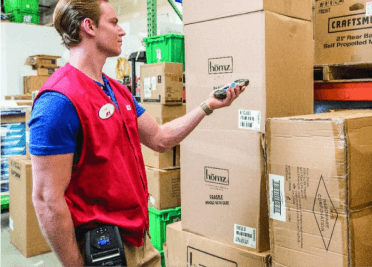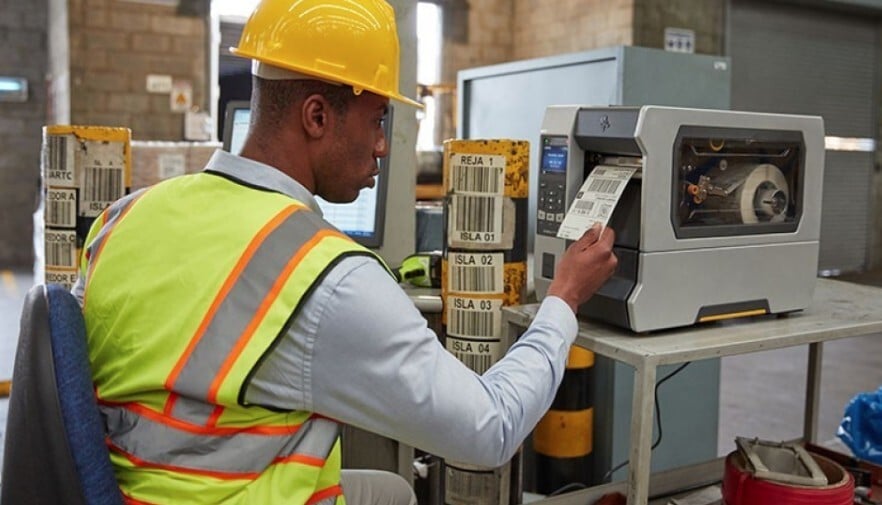If you’re in the manufacturing industry and concerned with asset tracking, you’re probably familiar with RFID (radio frequency identification)—one of the most promising technologies applied to the manufacturing industry in recent years. You’ve probably heard about RFID and its benefits, but there’s much to still be discovered and taught regarding this technology. In other words, there’s a lot of misinformation, which can lead to bad business decisions.
If you Google RFID, you’ll see more than 2 million results. It’s important to sort out the good information from the bad. Though much of the benefits talked about surrounding RFID currently involves consumer goods supply chains and retail, the benefits experienced in manufacturing supply chains and warehouse enterprises can be incredibly impressive.
First, it’s important to understand that RFID technology is not new. Retailers, government agencies, the military and other industries are already making unprecedented use of this technology to secure, track and manage assets throughout their entire lifespan.
Many drivers have seen RFID technologies in action at automatic toll collection stages on turnpikes and near tunnels and bridges—one of many ways RFID is applied to the transportation industry. In the enterprise, RFID is utilized to identify containers, vehicles, pallets, monitor inventory, tools and more—and to route materials through the production processes.
Manufacturers, in particular, can benefit from RFID because it can easily make internal process more efficient and improve responsiveness throughout the supply chain. For example, according to a recent study by AMR Research, early RFID adopters in the consumer goods industry reduced supply chain costs between 3 and 5 percent and grew revenue between 2 and 7 percent due to added visibility.
Global RFID standards are both in place and in the process of being adopted, and major retailers and other companies are becoming even more excited about adopting the technology. These standards protect end users by provide tech frameworks in which companies can create RFID systems and products that are interoperable and compatible. (One example is the Electronic Product Code- EPC- specifications).
Stay tuned with AbeTech to learn more about how global RFID can impact your warehouse processes and inventory management. If you have any questions, feel free to contact us online or phone Toll-Free at 888.682.3113 at your earliest convenience.









